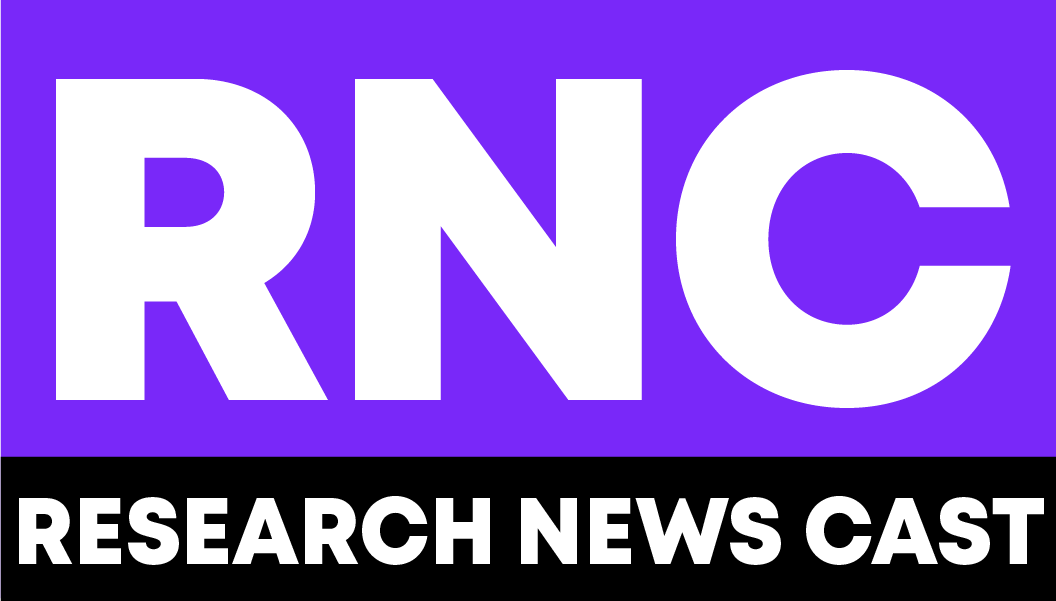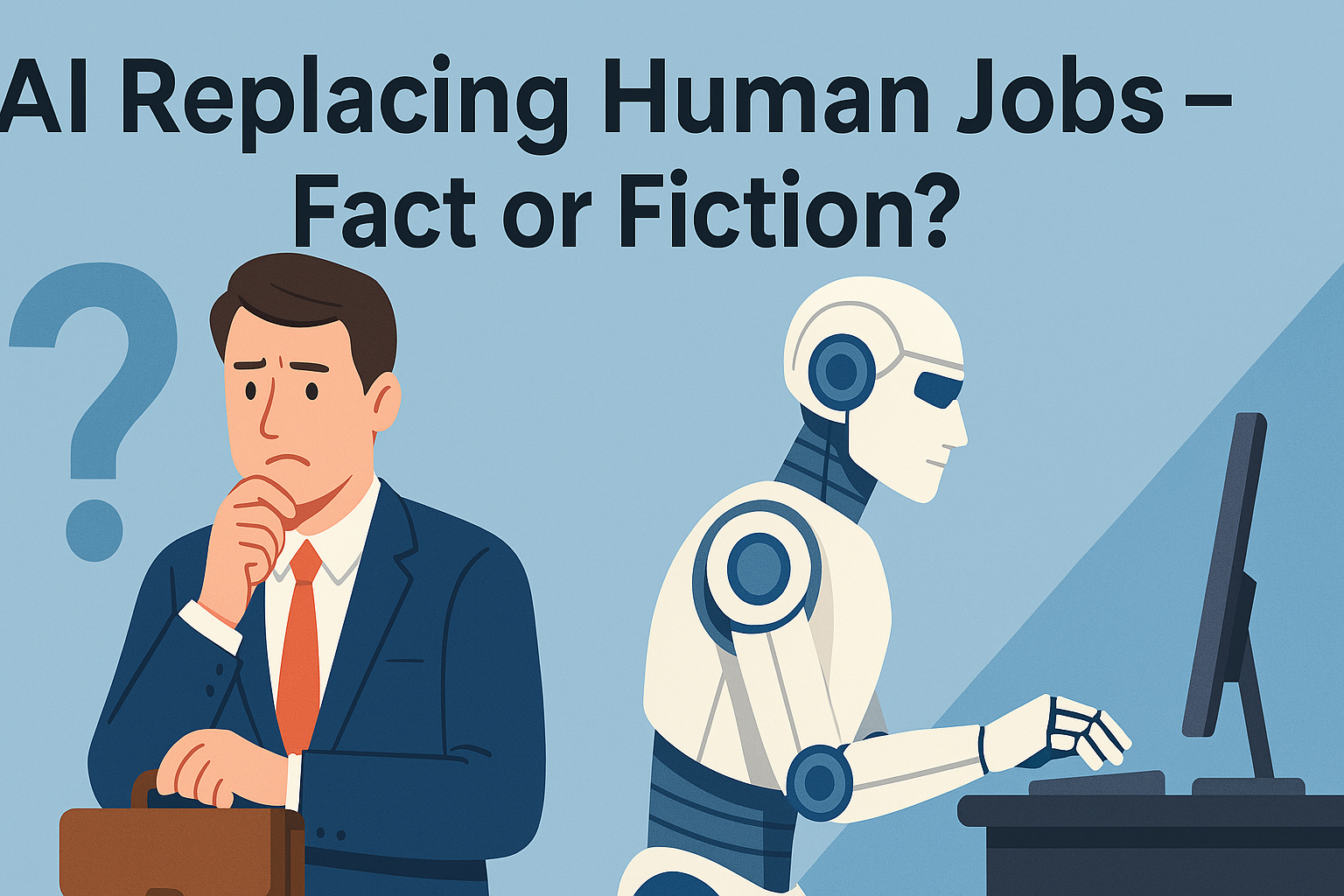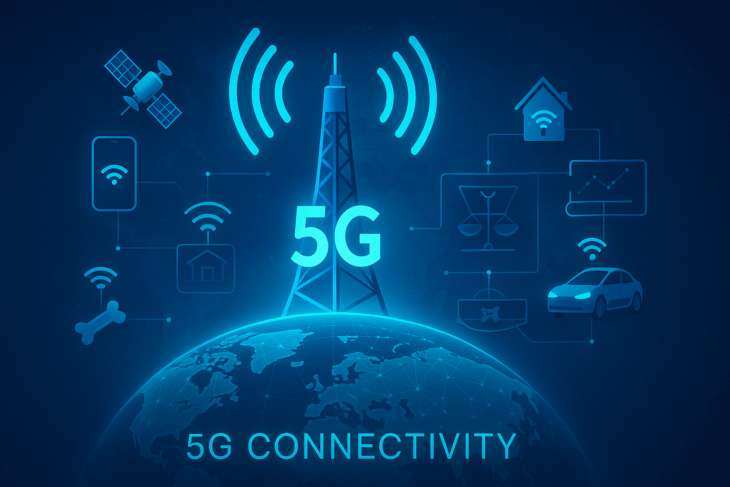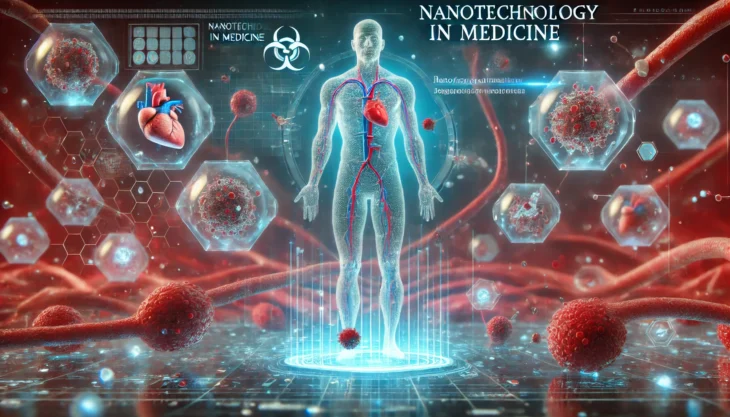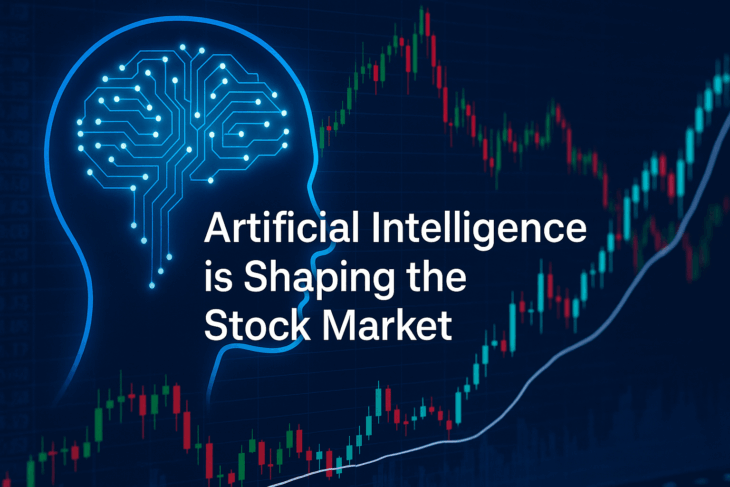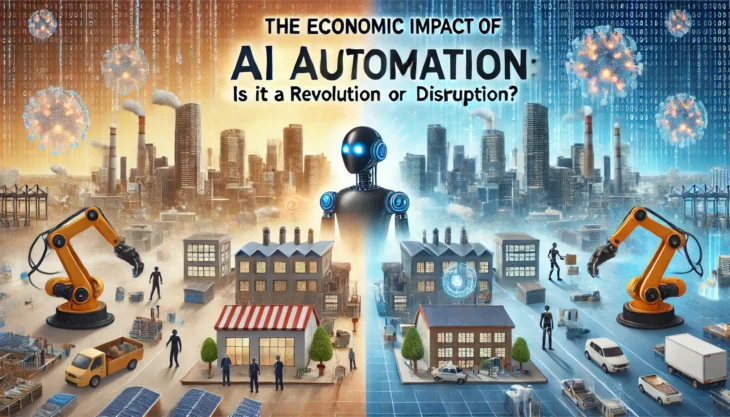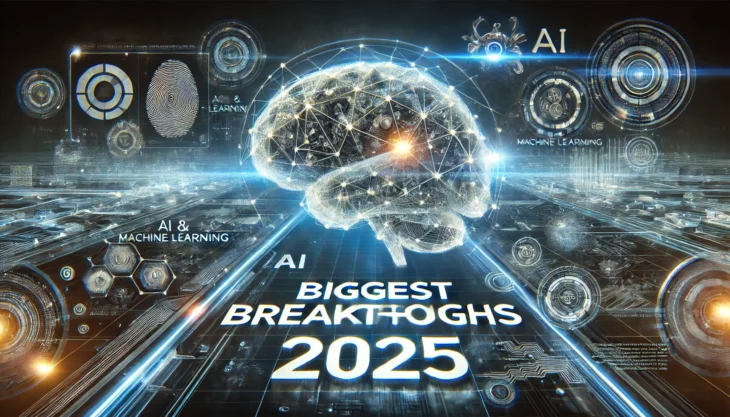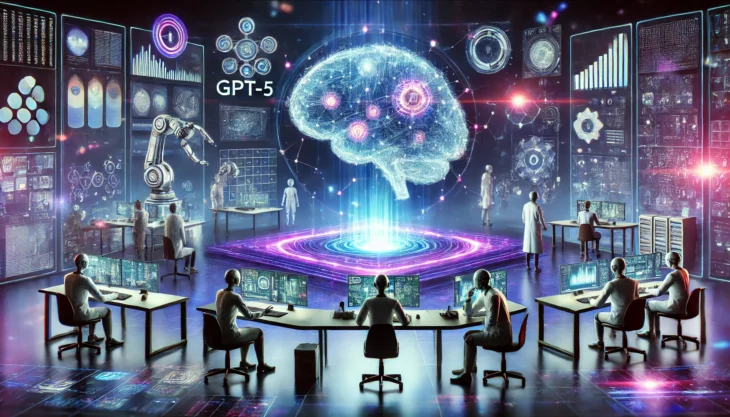AI is changing the way we live, work, and even think. It is finding its uses in nearly every industry, revolutionizing them. But, with all the buzz around artificial intelligence, one burning question keeps popping up: AI replacing human jobs – fact or fiction?
Some say robots are coming for your paycheck. Others believe this fear is blown way out of proportion. The truth? Well, it’s a bit of both. Let’s dive in and see what’s really going on.
The Rise of the Machines: What’s Already Happening
Yes, AI is already replacing certain jobs.
Self-checkout machines have trimmed down cashier roles. AI chatbots are answering customer queries at lightning speed. Automated systems now handle tasks like data entry, inventory tracking, and even legal document reviews.
According to a report by McKinsey, up to 30% of tasks in 60% of all occupations could technically be automated. That sounds scary, doesn’t it? But hold on, we need to zoom in before we jump to conclusions.
The Flip Side: Jobs Aren’t Just Disappearing
Here’s the thing: while AI is automating repetitive or predictable tasks, it’s also creating new jobs. Roles we didn’t even imagine a decade ago.
Think about it. Ten years ago, who’d heard of prompt engineers, AI ethicists, or data annotation specialists?
Just like the Industrial Revolution wiped out the need for human loom operators but created an entire manufacturing industry, AI is shifting the job market. Not erasing it. In fact, the World Economic Forum estimates that AI could create 97 million new jobs by 2025, even as it displaces some 85 million.
So, yes, some jobs will go. But others will rise.
Automation Risks: Should We Be Worried?
Still, it’s not all sunshine and server rooms. Automation does carry risks. Especially for workers in low-skill, routine-heavy industries.
If you’re a truck driver, warehouse worker, or bank teller, automation might feel more like a threat than an opportunity. And that’s valid. Without proper support, people in these roles could get left behind.
This is why workforce upskilling and retraining programs matter. It’s not just about building smarter machines. It’s about helping humans keep up with the machines. Governments, companies, and educational institutions need to step up and invest in future-proof skills like critical thinking, digital literacy, and emotional intelligence. These are the skills that AI still struggles to replicate.
The Human Touch: What AI Can’t Do (Yet)
Let’s take a breath here. Yes, AI can beat you at chess and write emails in seconds. But can it replace a nurse’s bedside manner? A teacher’s encouragement? A counselor’s empathy?
Not quite.
Humans bring something special to the table. Consider intuition, ethics, creativity, and emotional depth. AI can mimic these things, sure. But mimicry isn’t mastery. Jobs that rely heavily on human interaction, complex decision-making, or creative problem-solving are far less likely to be automated anytime soon.
So while AI might draft the news, it still takes a journalist’s gut to chase the story. It might help diagnose diseases, but a doctor’s judgment and compassion? Irreplaceable.
Future Workforce: Adapt or Get Left Behind?
So, where does that leave us?
In one word: adapting.
The future workforce needs to evolve alongside AI. Instead of fearing change, we need to embrace it. But, with curiosity, not panic.
It’s time to think about collaboration, not just competition. Think of AI as a tool. A partner. The key is learning how to work with it, not against it.
We’re already seeing this play out in many industries. In marketing, AI helps crunch data, but humans shape the message. In medicine, AI scans images, but doctors make the final call. In finance, AI flags suspicious transactions, but analysts investigate them.
The sweet spot? When human intuition teams up with machine precision. That’s where magic happens.
Final Verdict: AI Replacing Human Jobs – Fact or Fiction?
So, what’s the answer? Well, it’s a little bit fact, a little bit fiction.
Yes, some jobs will be replaced. That’s already happening. But a full-scale takeover? That’s not the reality we’re heading toward. Instead, we’re entering a new era of work. An era where AI and humans coexist, and ideally complement each other.
The question isn’t whether AI will replace humans. The real question is: how will we choose to adapt?
With the right mindset, policies, and support, AI doesn’t have to be a job killer. It can be a job transformer. It can free us from boring, repetitive tasks and push us to focus on what we do best. That is, innovating with human ingenuity.
